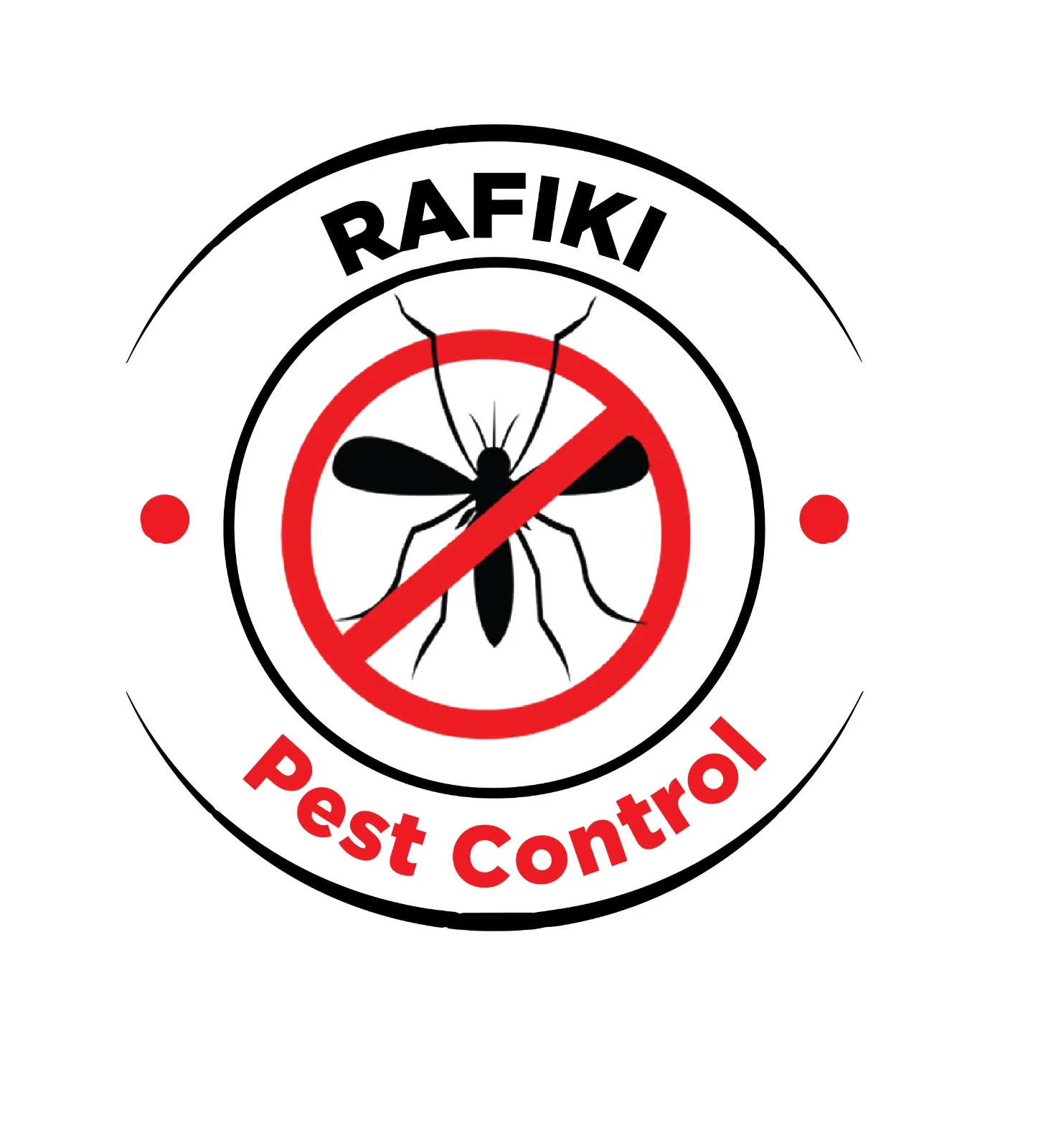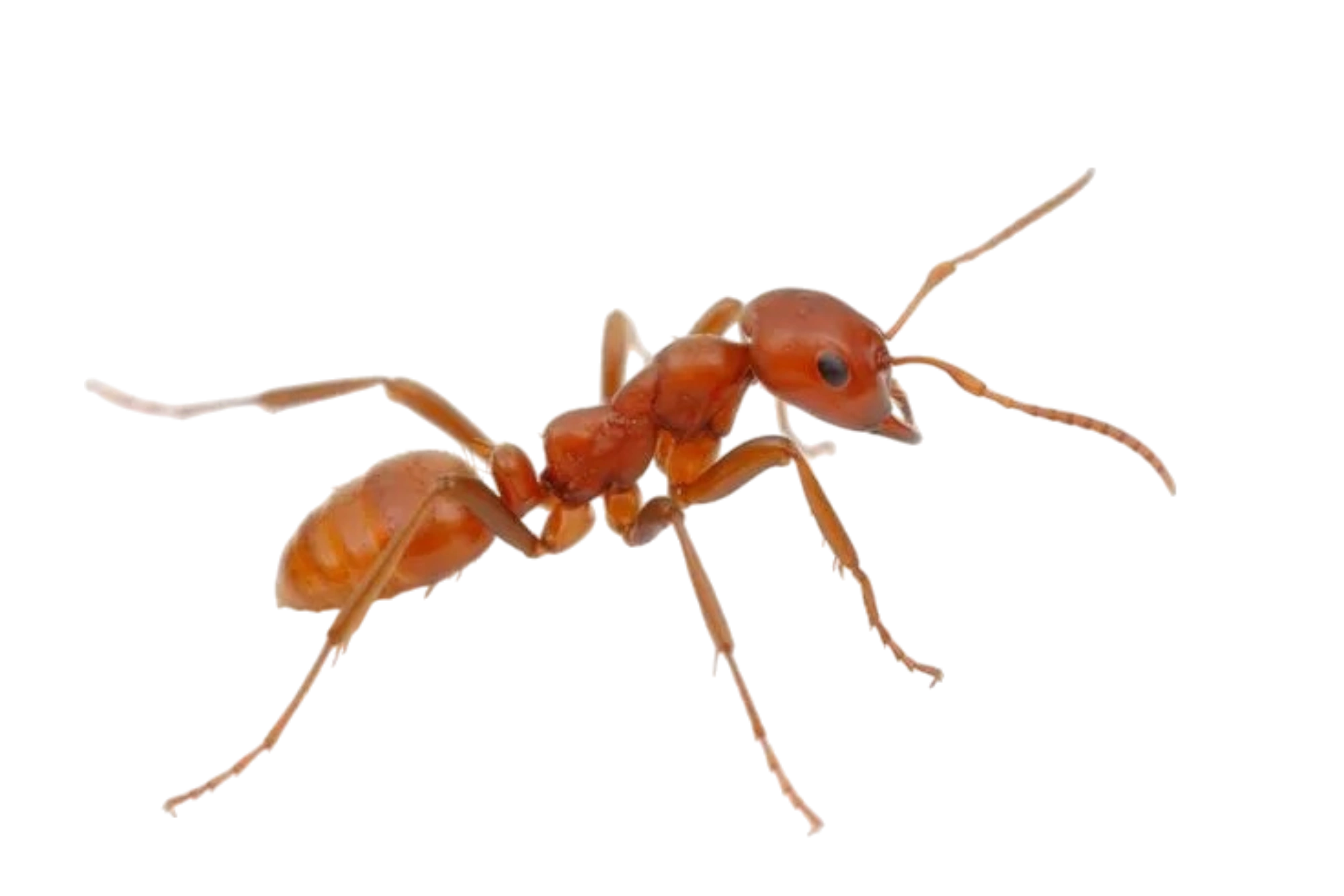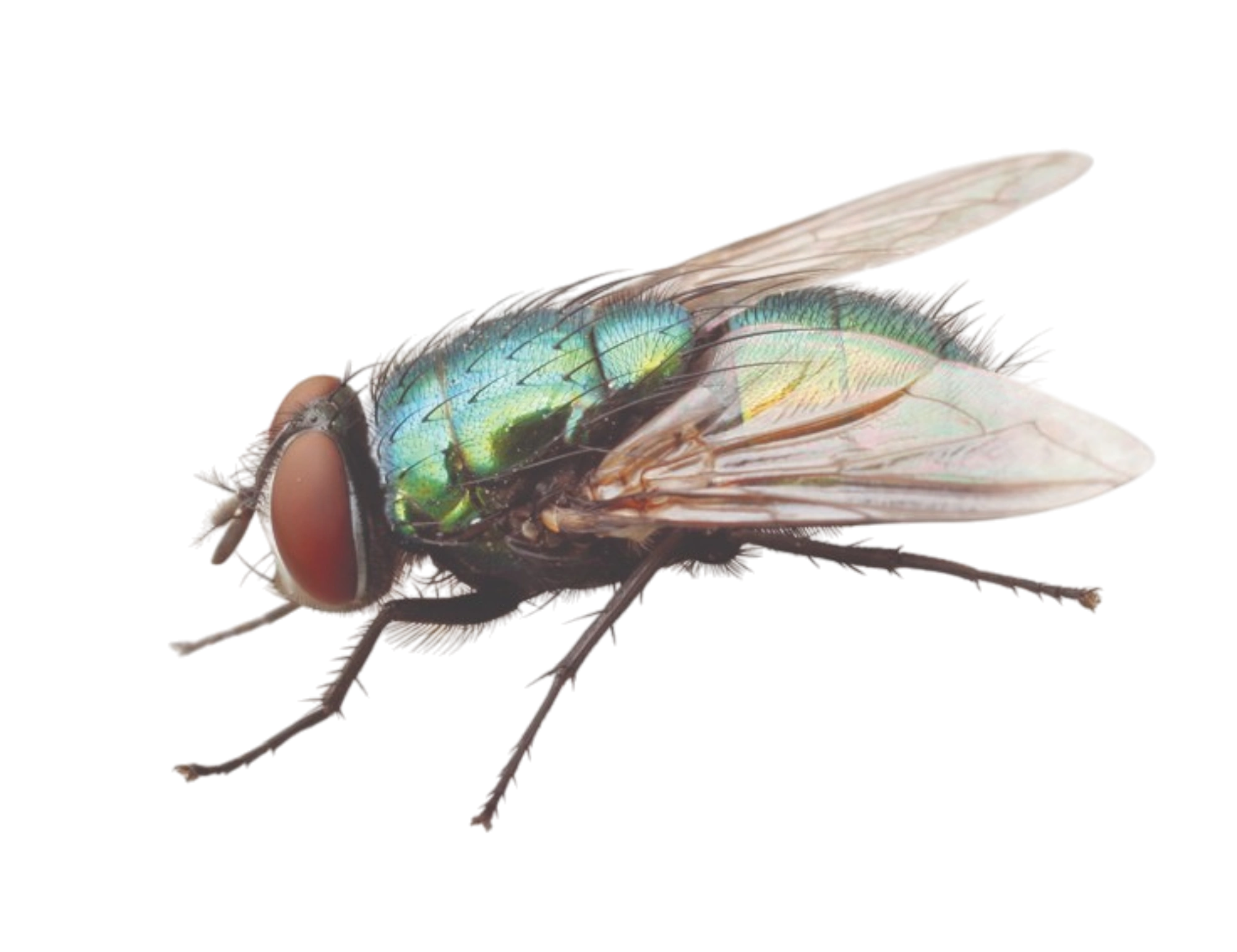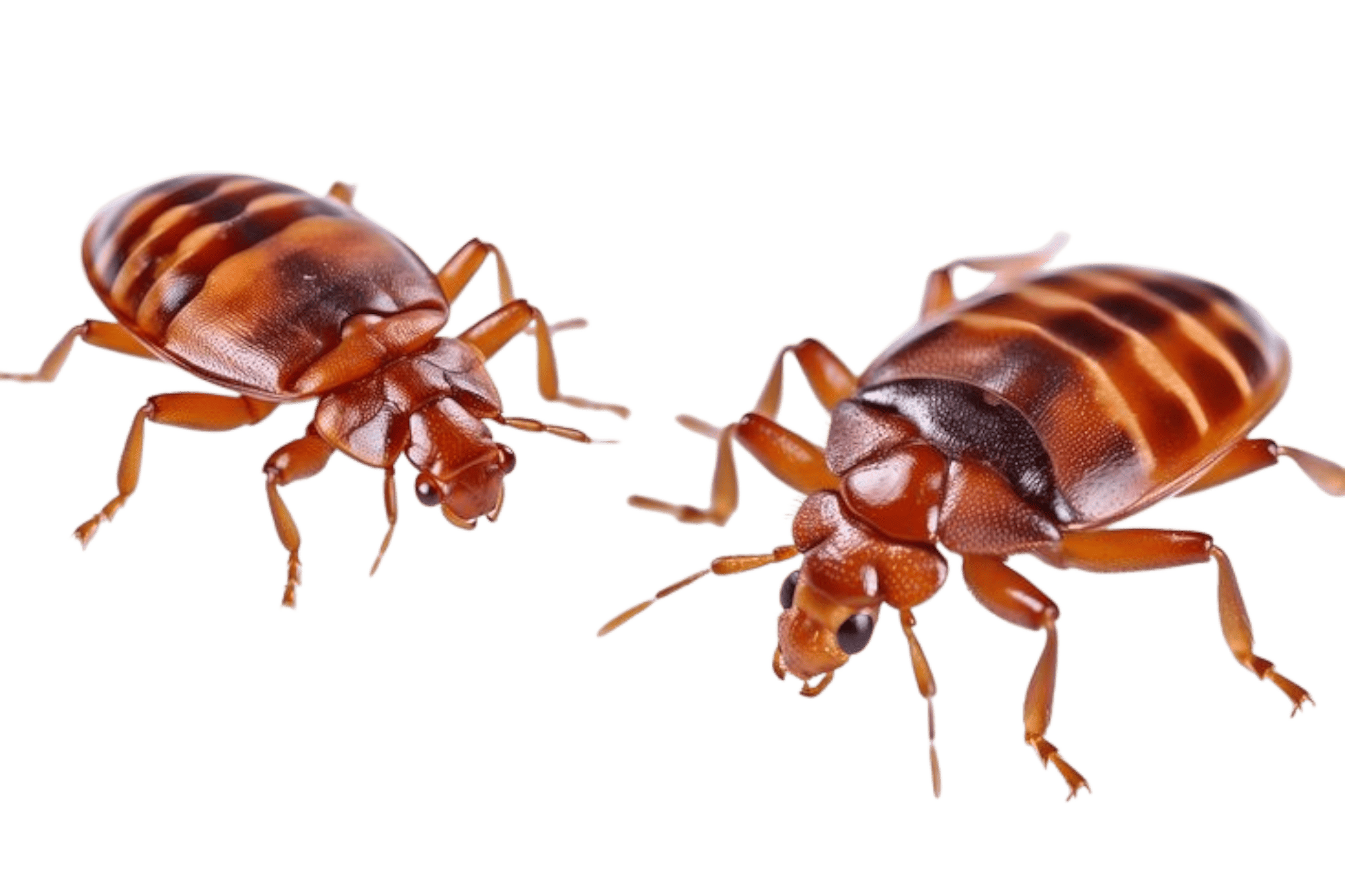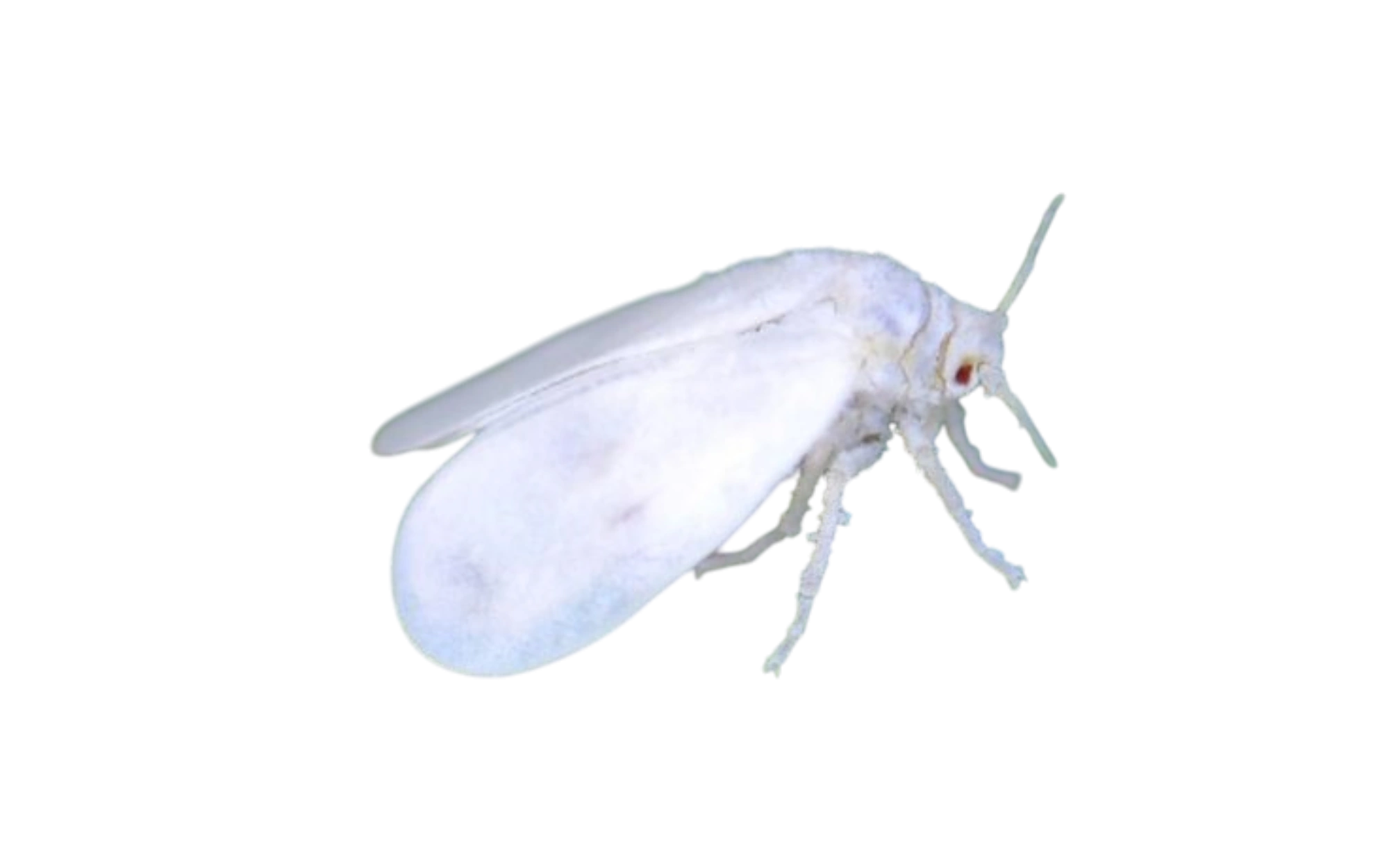Ant Control Services
Ants are among the most common and persistent pests encountered in homes, businesses, farms, and public spaces throughout Kenya. While many ants are harmless, some species can cause significant nuisance, damage property, contaminate food, and even bite or sting. Rafiki Pest Control offers comprehensive ant control services tailored to effectively eliminate ant infestations, protect your property, and prevent future invasions using safe and environmentally responsible methods.
Why Ant Control Is Important
Ant infestations can cause various problems that affect daily life and business operations:
- Food Contamination: Ants invade kitchens, restaurants, and food storage areas, contaminating food supplies with bacteria and pathogens.
- Structural Damage: Certain species like carpenter ants burrow into wood, weakening structures and causing costly damage.
- Nuisance: Large ant colonies can be a major annoyance, disrupting normal activities in homes and workplaces.
- Health Risks: Some ants bite or sting, causing allergic reactions or skin irritation.
- Agricultural Impact: Ants can protect harmful pests like aphids, which damage crops, leading to lower yields.
Effective ant control safeguards your environment, health, and investments.
Common Ant Species in Kenya
- Pharaoh Ants: Tiny, light-colored ants that infest homes and hospitals, often difficult to control due to their multiple colonies.
- Carpenter Ants: Larger ants that tunnel into wood, causing structural damage.
- Fire Ants: Aggressive ants with painful stings, often found in outdoor areas and gardens.
- Sugar Ants: Attracted to sweet foods, commonly invading kitchens and food outlets.
- Pavement Ants: Nest in cracks in pavement and foundations, entering buildings in search of food.
Causes of Ant Infestations
- Availability of food and water sources indoors or outdoors.
- Warm, humid conditions favorable to ant breeding and colony growth.
- Cracks and openings in buildings providing easy entry points.
- Improper sanitation and food storage practices.
- Presence of other insects like aphids that ants tend for honeydew.
Signs You Have an Ant Problem
- Trails of ants moving between food or water sources and their nests.
- Small piles of dirt or sawdust near cracks or wood surfaces (especially for carpenter ants).
- Visible nests in soil, wood, walls, or under pavements.
- Ants crawling on countertops, floors, walls, or electrical equipment.
- Sudden appearance of biting or stinging ants in the home or garden.
Our Ant Control Process
1. Comprehensive Inspection
Our skilled technicians conduct a detailed inspection of your property, identifying ant species, entry points, nesting sites, and factors contributing to infestation.
2. Identification and Targeting
Correct identification of ant species allows us to choose the most effective control methods suited to their biology and behavior.
3. Baiting and Treatment
- We strategically place ant baits that worker ants carry back to the colony, effectively eliminating the entire nest.
- Targeted application of insecticides around entry points, nests, and trails to reduce ant activity.
- Use of residual sprays and dusts in inaccessible areas for long-term control.
4. Habitat Modification
We advise on sanitation improvements, food storage, waste management, and structural repairs to minimize ant attractants and entry points.
5. Follow-Up and Monitoring
Regular visits to monitor treatment effectiveness and prevent re-infestations through maintenance programs.
Why Choose Rafiki Pest Control for Ant Control
- Experienced professionals trained in ant biology and control methods.
- Use of safe, registered pesticides and environmentally friendly products.
- Customized control plans designed for residential, commercial, agricultural, and industrial clients.
- Quick response and thorough service with minimal disruption.
- Ongoing support and advice to maintain ant-free environments.
What We Use
- Ant-specific baits formulated to attract and poison entire colonies.
- Residual insecticides with long-lasting effects for perimeter and crack treatments.
- Non-toxic, organic options for sensitive environments such as food facilities and schools.
- Advanced monitoring tools for early detection and prevention.
- Protective equipment ensuring safety for technicians and clients.
Preventing Ant Infestations
- Store food in sealed containers and clean up spills immediately.
- Remove standing water and fix leaks to eliminate water sources.
- Seal cracks, gaps, and openings in walls, windows, and foundations.
- Keep outdoor areas free of debris, leaf litter, and excess mulch.
- Maintain proper waste management with secure garbage bins and frequent disposal.
Health and Safety Considerations
- Some ants can carry bacteria from contaminated surfaces to food.
- Fire ants and other stinging species pose risks of allergic reactions and painful stings.
- Children, elderly, and immunocompromised individuals are more vulnerable to ant-related health issues.
- Proper control reduces these risks, promoting a safer environment.
Economic Impact of Ant Infestations
- Damage to wooden structures by carpenter ants requiring costly repairs.
- Contamination of food products leading to loss and waste, especially in food industries.
- Reduced productivity and comfort in homes and workplaces due to ant nuisance.
- Crop losses caused by ants protecting harmful pests in agricultural settings.
Call to Action
Protect your property, health, and investments with Rafiki Pest Control’s expert ant control services. Our professional team is ready to provide thorough inspections, effective treatments, and long-term prevention plans customized to your needs. Contact us today to schedule an appointment and say goodbye to ants for good.
